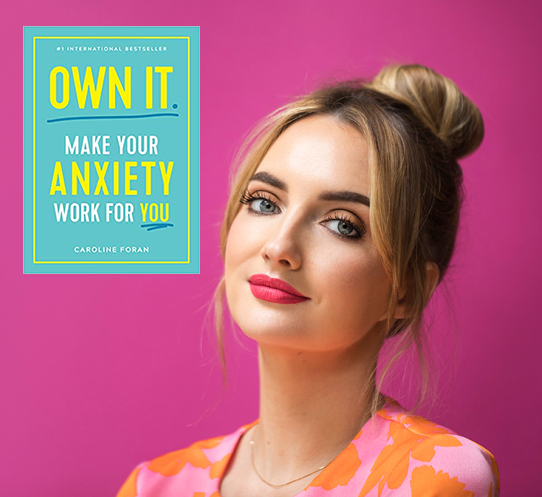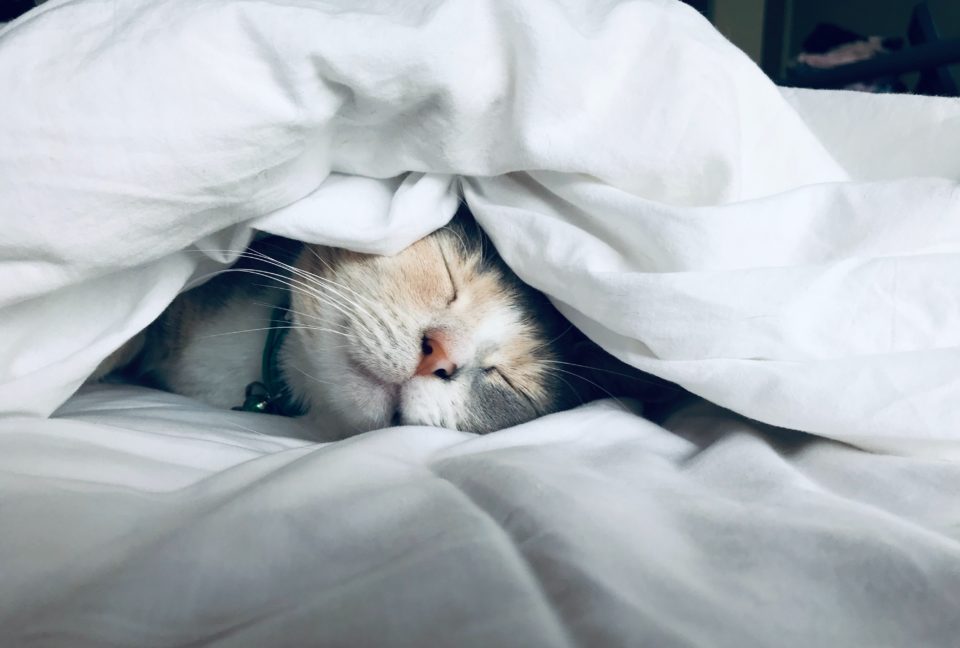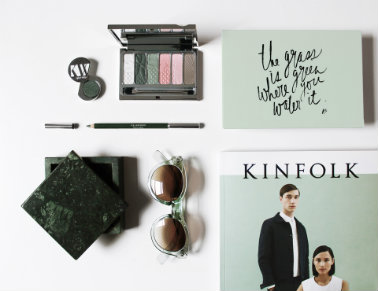Good Night, Anxiety
Of all the tools out there that we can employ to help manage our experience of anxiety, there’s one key ingredient we tend to overlook: sleep.
Of all the tools out there that we can employ to help manage our experience of anxiety, there’s one key ingredient we tend to overlook: sleep.

Sleep is essential for many things, from our skin’s natural regeneration process at night to the creation of more white blood cells for fighting bacteria and viruses. In relation to anxiety, it’s crucial. When we sleep, our levels of cortisol (the slow-releasing stress hormone) drop in our bodies. If we don’t sleep, our cortisol levels stay elevated and we don’t give its hormonal counterpart, melatonin (the sleep hormone), a chance to rise. This careful play between cortisol and melatonin is known as your circadian rhythm. When this gets thrown off, we can feel more stress and anxiety in our day-to-day lives.
Just as poor sleep can lead to experiences of anxiety, so too can anxiety lead to poor sleep. We go to bed with our minds are racing, so our spiked cortisol levels struggle to drop down in the evening. For a myriad of reasons, it’s imperative that we prioritize our sleep. My advice? Approach it in a gentle way. Ask yourself, “what can I do to help?” instead of berating yourself for not getting enough sleep. Self-deprecation will only add to your stress.
For me, a solid pre-sleep ritual is key. How you set yourself up for sleep is known as sleep hygiene and it makes a huge difference. Here’s what I do that helps me to drift off with ease and stay asleep:
1. Clean room, clean mind
Visual clutter will stimulate your mind and probably irritate you. Tidy things away and leave only your sleep essentials out, such as your book, a glass of water, etc.
2. Get ruthless about your screen time
The negative effects of being on our devices before bed has been well-documented. The blue light, the information overload, and the stimulation keep your nervous system activated. You will sleep far better if you cut this off at least 2 hours before bed.
3. Treat yourself
I love to spray a lavender pillow spray around my room and on my bed before I get into it. It’s naturally relaxing and if you do it regularly, you create a link between the scent and sleep. Once you smell the spray, your mind and body know to start winding down for bedtime. I also light a candle to contribute further to relaxation, but don’t forget to blow it out before you get too sleepy!
4. Beauty ritual
Apart from looking after your skin at night–which is hugely important from a beauty perspective–taking time to remove your makeup, cleanse, apply your serums and night creams, all come together as an act of self-care. It’s an exercise you can approach as a form of mindfulness. Focusing on nice, deep breaths as you go through each step, reframing the routine as something that’s for you, something that will contribute to better sleep, rather than a hassle you have to get to before bed. Make time to do this before you get too tired so you can indulge in it a little bit more.
5. Invest in your sheets
The quality of your bed sheets will further enhance (or detract from) your sleep experience. This is something I always invest in. Create a luxurious environment where sleep happens (it’s totally worth it) and look forward to getting into bed and feeling the soft sheets on your skin. Again, this is another opportunity for mindfulness which will bring down your pre-sleep stress levels and send you off with ease.
For more on how to manage your anxiety, read Own It: Make Your Anxiety Work For You by Caroline Foran.

Caroline Foran is a number 1 international bestselling wellbeing author, podcaster and journalist from Dublin, Ireland. Own It is her first book, which aims to equip those with anxiety with the tools necessary to manage it and live their best life. Her second book, The Confidence Kit, looks at the fear of failure, imposter syndrome and much more. She also works as a beauty editor with some of Ireland’s leading publications.







